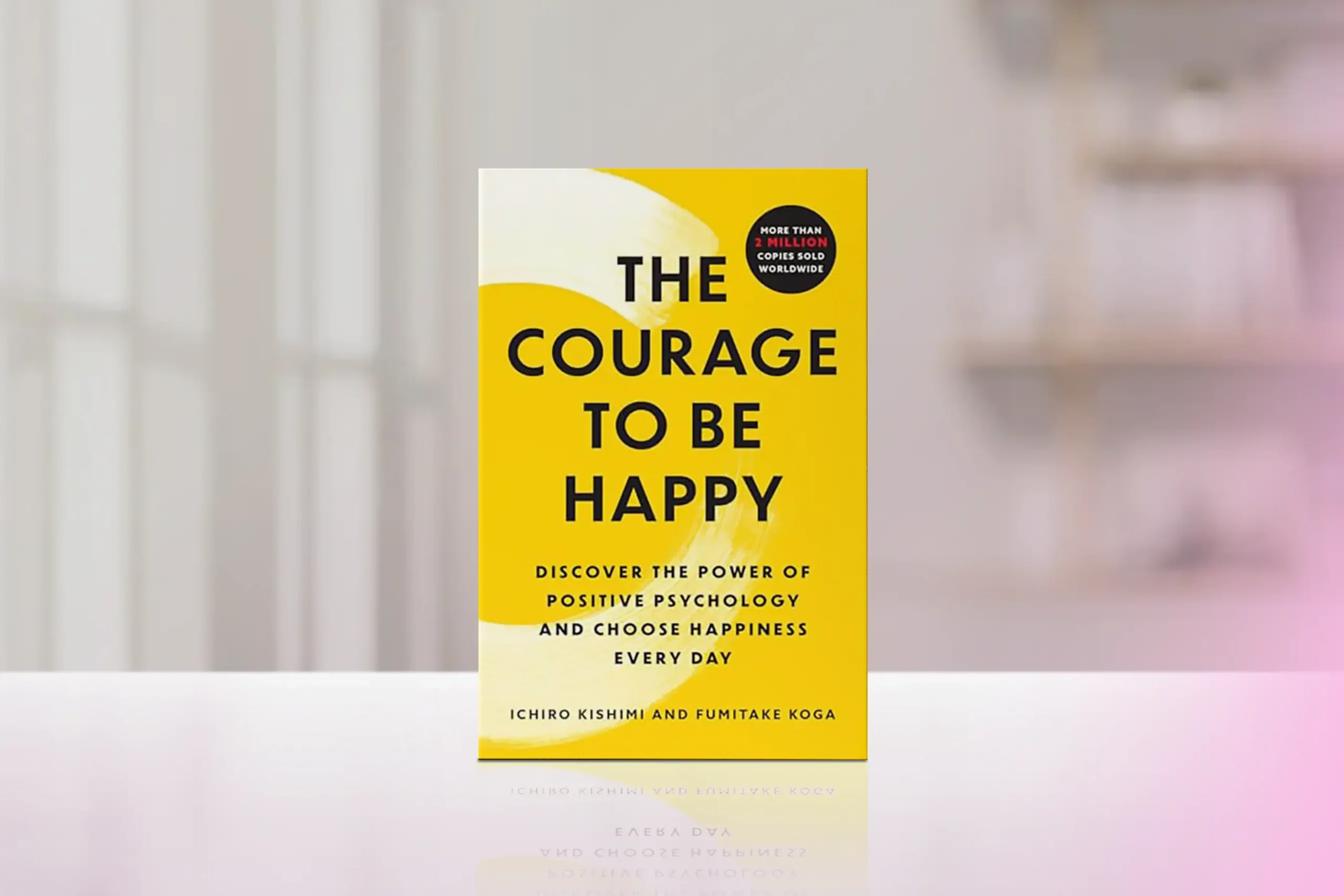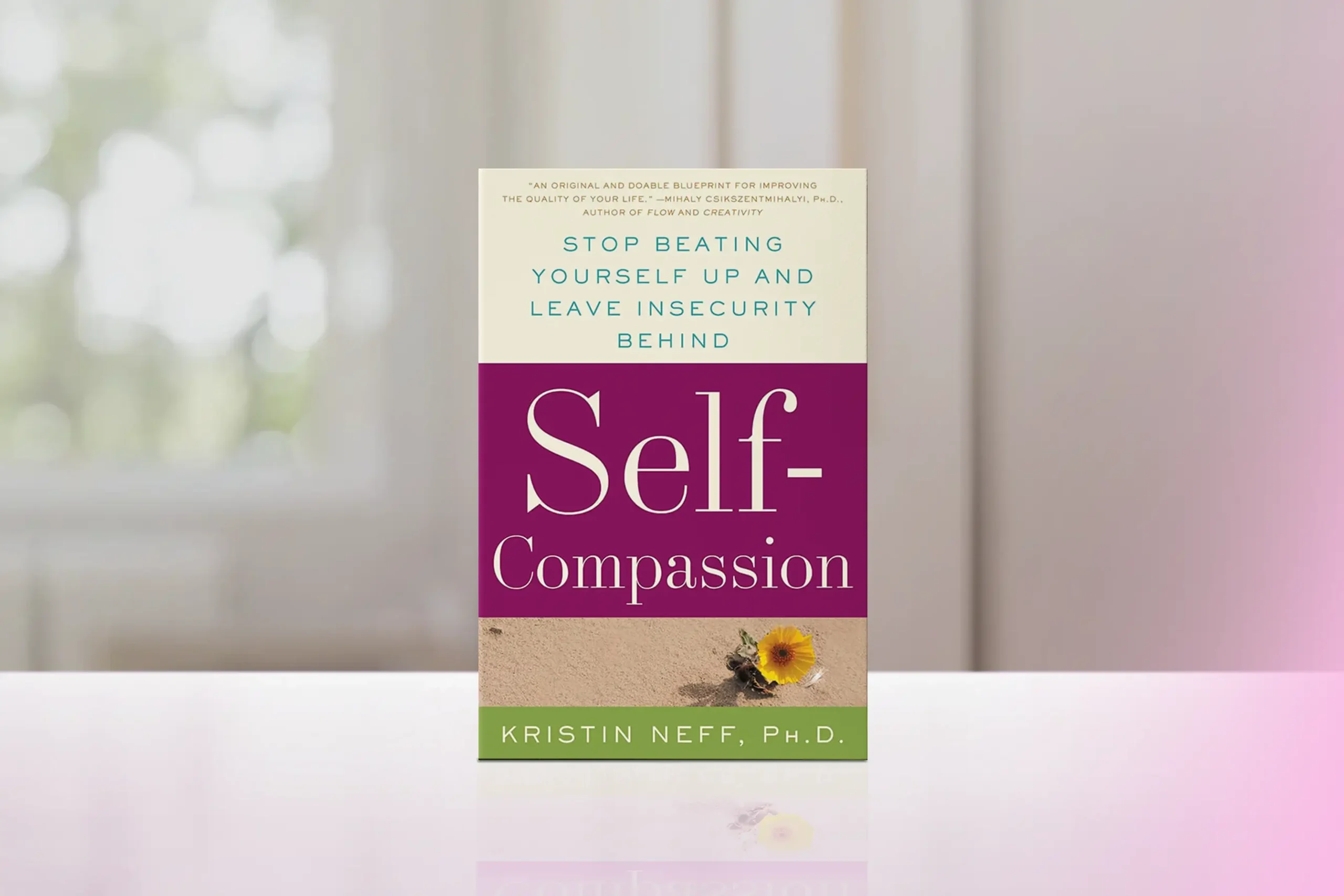In the realm of self-help literature, “The Courage to Be Happy: Discover the Power of Positive Psychology and Choose Happiness Every Day” stands as a powerful follow-up to the authors’ previous bestseller, “The Courage to Be Disliked.”
Published in 2019, this book continues to explore the profound insights of Adlerian psychology, offering readers a fresh perspective on achieving genuine happiness and fulfillment.
Through a dialogue between a philosopher and a young teacher, Ichiro Kishimi and Fumitake Koga present a compelling argument for taking responsibility for one’s own happiness and living a life of meaning and purpose.
Core Concepts
“The Courage to Be Happy” revolves around several key principles derived from Alfred Adler’s psychological theories:
- Happiness is a choice that requires courage
- The importance of contribution and social interest in finding fulfillment
- Separating tasks to establish healthy boundaries and relationships
- Overcoming the need for recognition and embracing one’s own worth
- The power of encouragement in education and personal growth
By internalizing these concepts, readers are empowered to transform their approach to life, relationships, and personal happiness.
Chapter-by-Chapter Review
What is True Happiness?
The book opens by challenging conventional notions of happiness, encouraging readers to look beyond fleeting pleasures and external validations. The authors argue that true happiness comes from within and requires the courage to be oneself.
The Courage to Be Normal
This chapter explores the liberating power of embracing one’s ordinariness. By letting go of the pursuit of specialness, readers can find freedom and contentment in simply being themselves.
Unhappiness Created by Attachment
Here, the authors delve into how attachments to specific outcomes or people can lead to unhappiness. They offer insights on how to love and engage fully with life without becoming dependent on external factors for happiness.
The Courage to Be Disliked
Expanding on themes from their previous book, this section reinforces the importance of living true to oneself, even if it means facing disapproval from others. The authors provide strategies for developing the resilience to withstand criticism and stay true to one’s values.
The Courage to Be Happy
The final chapters tie together the book’s themes, emphasizing that choosing happiness requires courage, self-acceptance, and a willingness to contribute to others. The authors offer practical advice on how to cultivate this courage in daily life.
Key Strengths
- Presents complex psychological concepts in an accessible, engaging format
- Offers a fresh, thought-provoking perspective on happiness and personal fulfillment
- Provides practical strategies for implementing Adlerian principles in daily life
- Encourages readers to take responsibility for their own happiness
- Balances philosophical depth with real-world applicability
Potential Drawbacks
- Some readers may find the dialogue format repetitive or artificial
- The ideas presented may challenge deeply held beliefs, which could be uncomfortable for some
- Those unfamiliar with the previous book might miss some context
Who This Book Is For
“The Courage to Be Happy” is particularly valuable for:
- Individuals seeking a deeper understanding of happiness and fulfillment
- Readers interested in practical applications of Adlerian psychology
- Those struggling with self-doubt, people-pleasing, or lack of direction
- Educators and parents looking for new approaches to fostering growth and happiness in others
Final Review
“The Courage to Be Happy” offers a profound and potentially life-changing exploration of what it means to live a truly fulfilling life. Kishimi and Koga have crafted a book that challenges readers to reconsider their fundamental assumptions about happiness and personal growth.
The dialogue format, while occasionally feeling contrived, effectively breaks down complex ideas into digestible portions. The authors’ ability to blend philosophical depth with practical advice makes the book both intellectually stimulating and immediately applicable to readers’ lives.
While some may find the ideas presented challenging or counterintuitive, the book provides a compelling argument for its approach to happiness. It encourages readers to take responsibility for their own fulfillment and to find meaning through contribution to others.
Rating: 4.6/5
A thought-provoking and empowering guide to finding genuine happiness through courage, self-acceptance, and meaningful contribution to society.
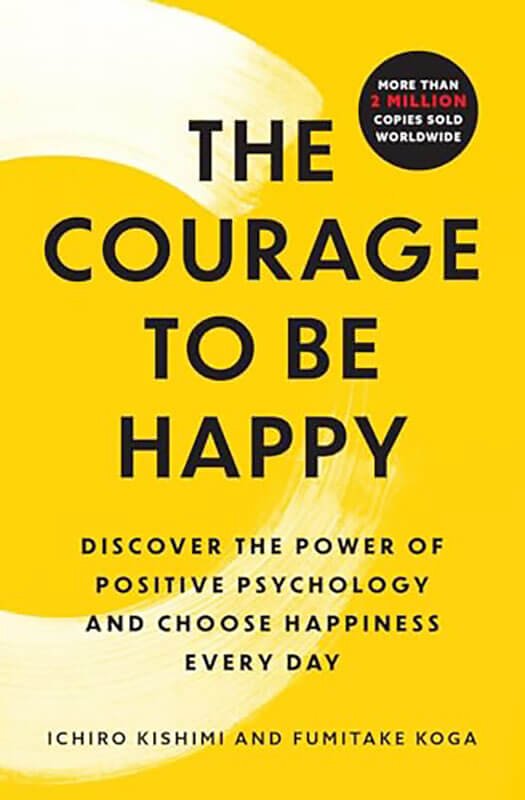
Alternative Books
If you found “The Courage to Be Happy” insightful, consider these related titles for further exploration of personal development and happiness:
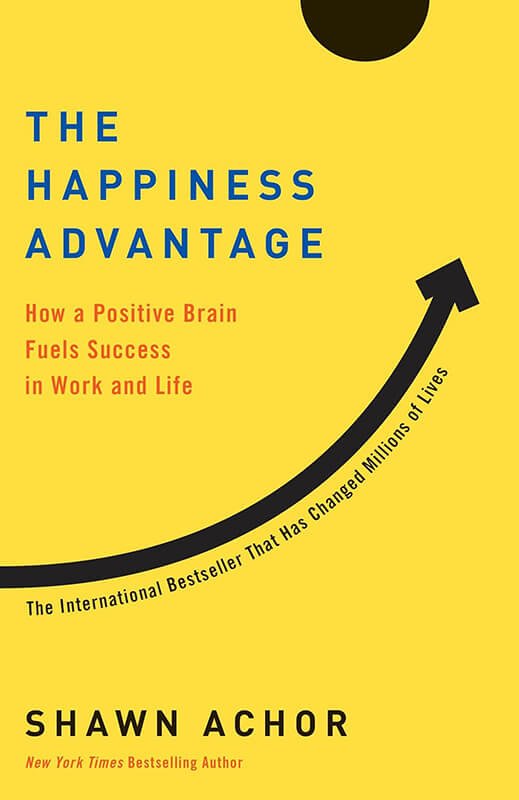
“The Happiness Advantage” by Shawn Achor
Explores how positive psychology can enhance success and well-being.
Rating: 4.6/5
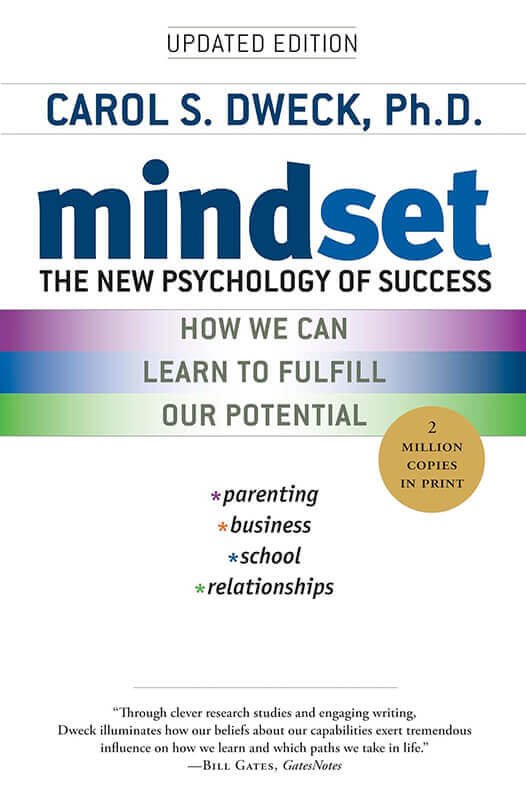
“Mindset: The New Psychology of Success” by Carol S. Dweck
Examines how our mindset shapes our potential for happiness and achievement.
Rating: 4.6/5
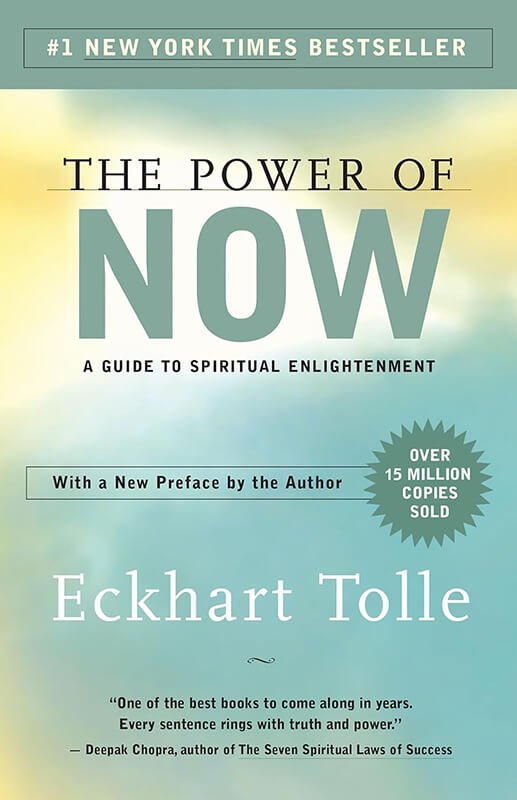
“The Power of Now” by Eckhart Tolle
Offers a different perspective on finding peace and happiness in the present moment.
Rating: 4.6/5

